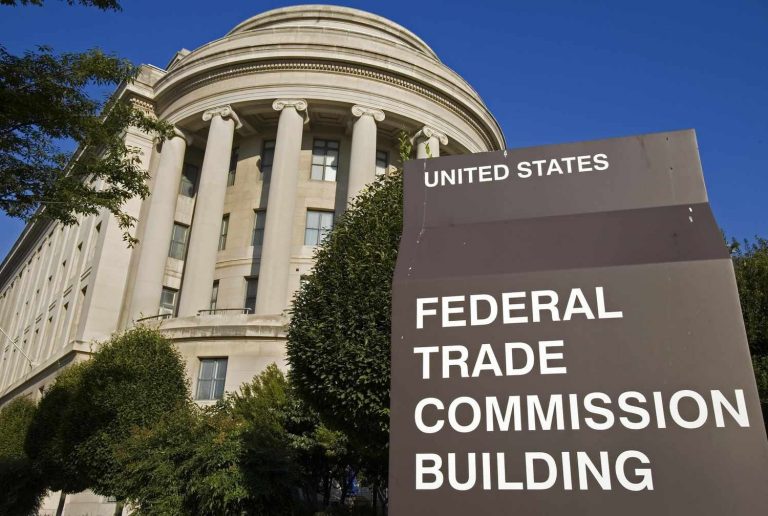
The Federal Trade Commission (FTC) is reportedly preparing to investigate Microsoft for potential anti-competitive practices aimed at maintaining unfair advantage in the cloud computing market.
According to the Financial Times, the investigation focuses on claims that Microsoft used restrictive licensing agreements to deter customers from transferring data to competing platforms. Additional allegations suggest that the tech giant raised its subscription fees for customers attempting to leave, which made its software incompatible with rival services, and imposed hefty exit fees.
Concerns about anti-competitive practices in the cloud sector have been under scrutiny for some time. Recall that last year, the FTC invited public feedback on the business practices of major cloud providers, as part of Chair Lina Khan’s broader campaign against monopolistic behavior. The appeal drew numerous comments as respondents frequently pointed to restrictive software licensing terms, mandatory minimum spending contracts, and high data transfer fees as significant issues.
Register for Tekedia Mini-MBA edition 19 (Feb 9 – May 2, 2026): big discounts for early bird.
Tekedia AI in Business Masterclass opens registrations.
Join Tekedia Capital Syndicate and co-invest in great global startups.
Register for Tekedia AI Lab: From Technical Design to Deployment (next edition begins Jan 24 2026).
“Large parts of the economy now rely on cloud computing services for a range of services,” Stephanie T. Nguyen, the FTC’s chief technology officer, said at the time. “The RFI is aimed at better understanding the impact of this reliance, the broader competitive dynamics in cloud computing, and potential security risks in the use of cloud.”
Microsoft’s scrutiny is coming after Google in September 2024 lodged a complaint against the tech giant to the EU, over ‘anti-competitive’ cloud practices. The search giant accused Microsoft of “anti-competitive” licensing practices to force customers to use its cloud service. It further added that Microsoft makes it harder for customers to move their workloads to competitors’ clouds. Google alleged that Microsoft leverages its dominance in Windows Server to funnel customers toward its Azure cloud platform, and penalizes those who use on-premise software with rival services by imposing steep costs.
Microsoft has faced numerous competition investigations over the years, especially over its then-dominant position in the PC space. It continues to face accusations of anti-trust as it continues to grow its Azure service. Meanwhile, the trajectory of the FTC’s investigation remains uncertain.
Notably, Microsoft’s investigation could mark a pivotal moment in how regulatory agencies address the practices of dominant cloud providers. If the FTC finds the tech giant violated antitrust laws, the company could face significant financial penalties or settlements.
Microsoft might be required to revise its licensing agreements, pricing models, or other business practices to comply with regulations. Also, the FTC or other global regulators could impose ongoing oversight or restrictions, increasing compliance costs.


